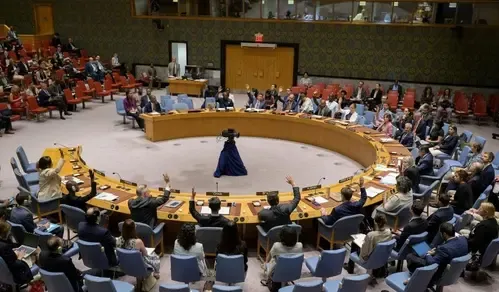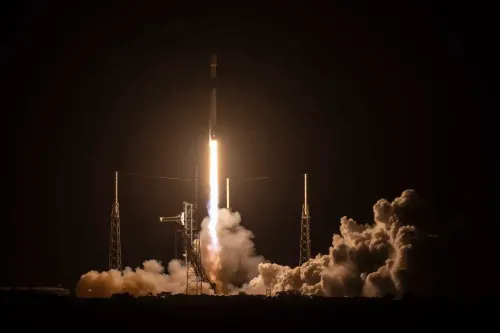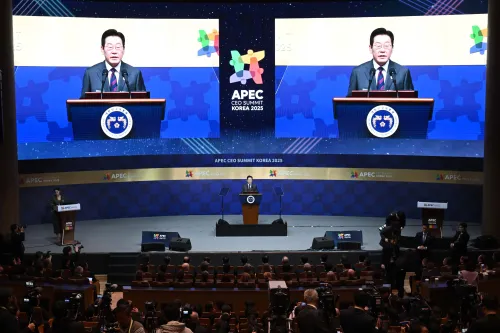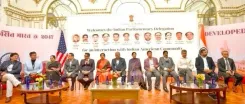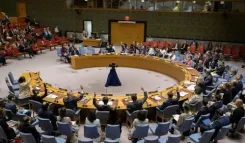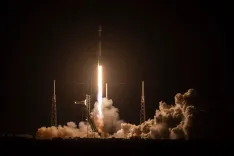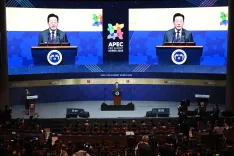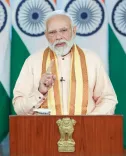Are Semiconductor Tariffs Part of the Deal with the US?
Synopsis
Key Takeaways
- South Korea confirms semiconductor tariffs as part of a trade agreement with the US.
- Agreement aims to achieve parity with Taiwan in the semiconductor market.
- Trade deal will lower US tariffs on Korean goods and autos.
- No concessions made regarding US demands on agricultural market access.
- Official documents will clarify the terms of the agreement soon.
Seoul, Oct 30 (NationPress) The South Korean presidential office announced on Thursday that semiconductor tariffs are included in a finalized trade agreement with the United States, countering statements made by US Commerce Secretary Howard Lutnick, who claimed that chip tariffs were not part of the deal.
Presidential spokesperson Kim Nam-jun stated that both Seoul and Washington reached an accord on tariff levels concerning South Korean semiconductors, despite Lutnick's assertion on social media that semiconductor tariffs were excluded from the agreement.
"Concerning semiconductors, the two countries agreed to impose tariffs that are at least as favorable as those applied to Taiwan," Kim mentioned. "This outcome reflects our negotiation success, establishing a comparable position with Taiwan, a key player in the semiconductor industry, thereby alleviating uncertainties."
Kim further noted that the arrangement regarding US semiconductor tariffs will be documented in related papers that are currently undergoing final review, as reported by Yonhap news agency.
In August, US President Donald Trump revealed plans to impose a tariff of approximately 100% on semiconductor imports, a measure that has yet to be put into effect.
Addressing Lutnick's separate assertion that Seoul had consented to "fully open its market 100 percent," Kim asserted that the South Korean market is "already accessible to all US products."
"There are no additional alterations (to market access) as a result of this agreement," Kim asserted.
On Wednesday, Seoul and Washington completed the specifics of South Korea's $350 billion investment commitment and finalized a trade agreement that will reduce US tariffs on Korean goods and vehicles from 25% to 15%.
Kang Hoon-sik, the presidential chief of staff, emphasized that Seoul made no concessions regarding US requests to further liberalize its agricultural market within the trade deal, pointing out that South Korea has already opened nearly all of its agricultural markets under the bilateral free trade agreement with the US.
"The language of politicians should be interpreted within a political context," Kang stated during an interview with broadcaster SBS. "There’s no necessity for us to counter every single remark made for domestic audiences."
Kang expressed confidence that the controversy will diminish once the details of the agreement are publicly disclosed in the coming days, including a joint fact sheet and memorandum of understanding.
In a separate interview with broadcaster KBS, Kim Yong-beom, the presidential chief of staff for policy, also mentioned that the upcoming fact sheet will encompass provisions concerning semiconductors, ensuring that South Korean products receive tariff treatment that is not less favorable than that of Taiwan.

